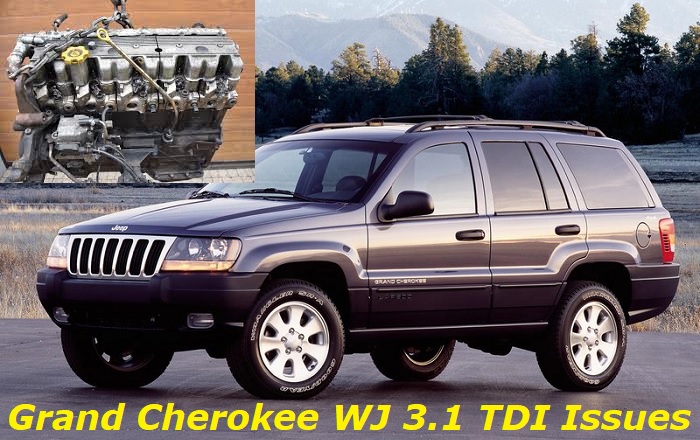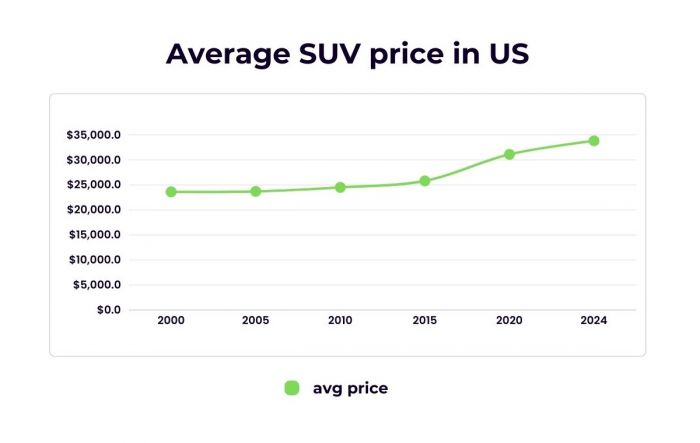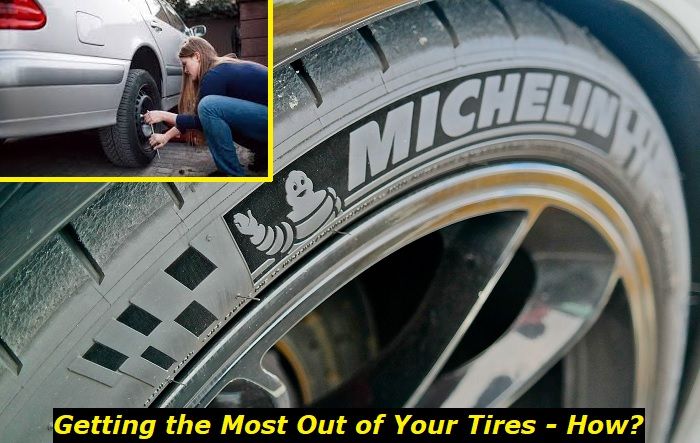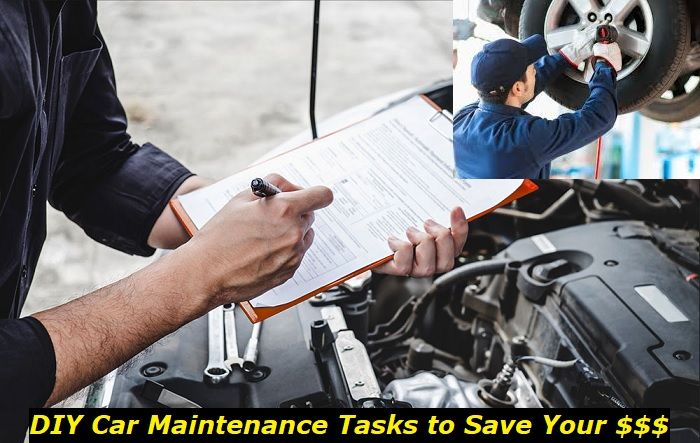If you own a Grand Cherokee, you should know that the vehicle is really good. It's comfortable, it's made to last, it has a great interior for long journeys and fast commuting between cities and regions. But still, this vehicle has a lot of engineering solutions that are so unexpected and unique that they are eventually hard to maintain and repair.
Today, we'll be talking about the Grand Cherokee 3.1 TD and its problems. We are sure you can tell us a lot about the issues with this Jeep if you own one. What we did was a thorough investigation of forums from different countries (because in the US, this is not the most popular engine for the Grand Cherokee). And we were amazed by the number of problems we could find with descriptions.

Key features and my opinion about the engine
- Production years:1999-2002
- Average lifespan of 3.1 TD:260,000-300,000 miles
- Fuel supply type:indirect injection
- Power range:140 hp
- Fuel efficiency:average
- Engine block material:cast-iron
- Engine reliability score:medium
- The most common problems:engine head issues, vibration and noises, pretty bad fuel economy.
Is the 3.1 TD Grand Cherokee actually a good car?
Yes, it's a great vehicle, not just because owners write good reviews. We've compared it with many other modifications of the Grand Cherokee and came to the conclusion that the 3.1 TD version has more advantages than drawbacks. And it's important that we fix this idea here, at the top of our article. Because below, we'll only be speaking about the problems.
But let's take a look at some cool features that a 3.1 TD Grand Cherokee will give you if you decide to buy it. Well, we have to say that all 3.1-liter diesel Jeeps are quite old because they were only made between 1999 and 2002.
Here are some important outlines of this engine:
- the turbodiesel engine with 3.1-liter displacement was offered in a 1999 Jeep Grand Cherokee;
- the engine was made by VM Motori and was mainly sold in Europe, it wasn't sold in the US officially;
- though, US Jeep fans may know this engine thanks to its presence on the market of used vehicles that were somehow imported to the country;
- the engine offers 140 horsepower which is not great, but it also offers 271 lb-ft of torque which is wonderful;
- the engine was made for towing trailers and getting the Jeep out of off-road traps you may find on your way;
- the most popular transmission was the four-speed automatic (electronically controlled) transmission that wasn't really good, but it was reliable.
Be careful with any decisions right now because you need to know both sides of the engine to make the final solution. We also know that the main market for these vehicles was in Europe where people love diesel SUVs. But they don't drive cars that long, so the most Jeeps 3.1 TD have now been recycled.
Anyway, we still have access to all of the important facts and information about the Jeep Grand Cherokee equipped with the diesel engine and we can compare it with other engines finding its weaknesses. Let's just do it!
What are the problems with the 3.1 TD engine in a Grand Cherokee?
Unfortunately, every engine has its own common problems. It means that the 3.1 TD unit also has some issues that were reported by the owners. We've analyzed the internet and found out the most often happening problems that can happen with this diesel engine.
Here's what we've found!
- Automatic climate control issues
We don't know why, but nearly all owners of the Jeep Grand Cherokee TD 3.1 say that the automatic climate control fails and you have to pay hundreds of dollars (or better say euros) to repair the blend doors in the system.
It means that the best option if you want to buy a Grand Cherokee with a diesel 3.1-liter engine, is to choose a worse trim that has just a simple AC with no automatic climate control option. This one will serve longer and will not need that much money for repair.
- No turbo timer
Turbochargers don't like being stopped right after they have been driven for a long time. Diesel engines usually have so-called turbo timers. This is special equipment that keeps the engine running (idling) for some time after you stop. It helps the turbocharger to cool down a little before stopping.
In this vehicle, you will need to do it by yourself. So, you shouldn't stop the engine once you stop your car. But the best way is to install an aftermarket turbo timer for this purpose. If the vehicle isn't equipped with a turbo timer and is not used properly, you will see more problems with the turbocharger.
- Head problems
At 100,000 miles, a lot of 3.1 TD engines had problems with the head. The head is not that faulty, but it can make you spend a lot of money on the repair. Mainly, the problems come when you overheat the engine.
Overheating may cause changes in the shape of a head. Even minimal changes will mean coolant leaks or oil leaks. This may cause even worse overheating and some other problems with your engine. Well, you better keep an eye on the temperature gauge.
- Sound problems
Well, it's something you will not change in this WJ engine ever. We mean that the engine is really loud when you drive it. It will sometimes just bother you and you will probably even look at the mufflers to make sure they are in a good condition.
Also, the 3.1 TD engine vibrates a lot. This is the reason why engine mounts will need to be replaced regularly. Also, this reduces the comfort of driving which is important for many buyers. Sound and vibration will actually change the way you look at this vehicle after you test drive it.
- Problems with fuel mileage
We can't say that diesel engines are bad when it comes to fuel economy. But the 3.1 TD Jeep Grand Cherokee is an exception. This is the engine that will drink up about 14 liters of diesel every 100 kilometers. Let's say, it's about 16 mpg (US) and it's not that good for a 3.1-liter diesel engine.
We can say that the technologies of the VM Motori diesel engine are not very modern. It means you will need to put up with some things from the previous century like 16 mpg of fuel mileage. And yes, this engine is quite demanding in terms of fuel quality.
- Age
We want to say this is one of the main problems of the 3.1 TD engine - age and mileage. You should be sure that the mileage of this engine is very low when you buy it used. Otherwise, you will get all those common diesel problems that come with age and mileage.
Repairing this engine is not the most pleasant activity you have experienced in your life. Well, it will cost you a fortune if you want to get this diesel engine back to life after it's broken. Also, you will need to be a magician to buy parts for it.
How long can the 3.1 TD Jeep engine live?
The question of longevity is not that simple. If you have owned the vehicle equipped with this engine since you bought it from a Jeep dealer, you may be sure that it will go for a lot of miles. But only in that case if you have completed all repair and maintenance activities on time. If not, you will probably be having problems starting from 100,000 miles.
The longevity of this engine may also be about 300,000 miles if you maintain it correctly and spend some money on it regularly.
Here's what can reduce the engine lifespan significantly:
- stopping the engine right after the long road without letting the turbocharger cool down a little;
- using bad oil - this will destroy the turbocharger and also affect the engine construction;
- buying bad diesel fuel - this will result in clogged injectors and in relatively expensive repair;
- overheating - you should always check the engine temperature and the coolant level;
- overrevving - this engine doesn't like when you rev it up much, so speeding will not be a good option.
Also, if you see that the engine makes a lot of smoke, doesn't work as it should, has low power, etc., you should immediately show it to a specialist. If you decide to wait for a while, you will probably be disappointed with the opportunity to pay for the engine replacement.
Final words
We wouldn't buy the Jeep Grand Cherokee 3.1 TD because this is a very old car and it should have pretty huge mileage. Also, this vehicle may be problematic because of its common issues and possible malfunctions. But still, compared with a lot of other engines of the same type, we can say that the Grand Cherokee WJ diesel engine is not bad and it can go for a lot of miles if maintained properly.
About the authors
The CarAraC research team is composed of seasoned auto mechanics and automotive industry professionals, including individuals with advanced degrees and certifications in their field. Our team members boast prestigious credentials, reflecting their extensive knowledge and skills. These qualifications include: IMI: Institute of the Motor Industry, ASE-Certified Master Automobile Technicians; Coventry University, Graduate of MA in Automotive Journalism; Politecnico di Torino, Italy, MS Automotive Engineering; Ss. Cyril and Methodius University in Skopje, Mechanical University in Skopje; TOC Automotive College; DHA Suffa University, Department of Mechanical Engineering






Add comment